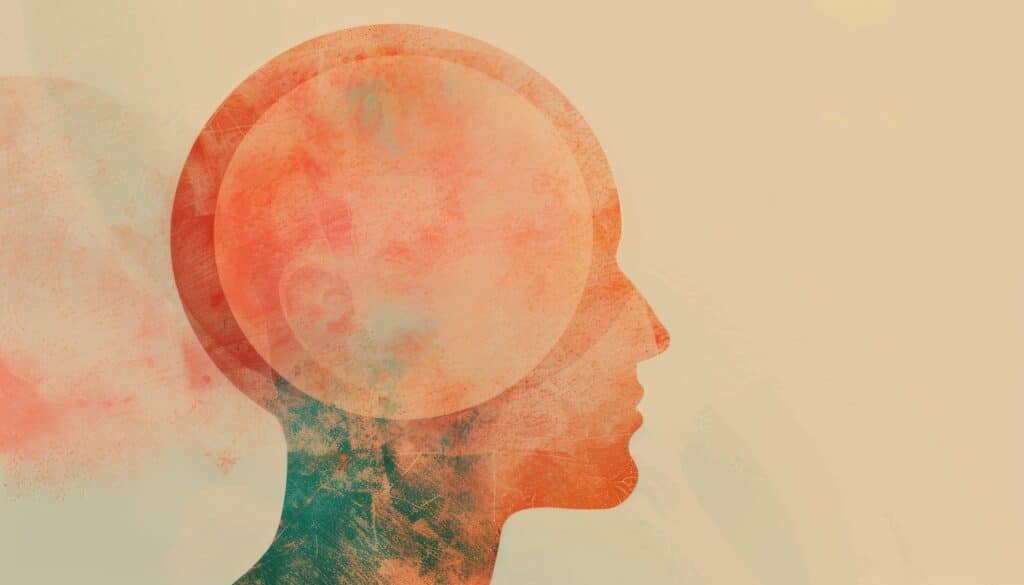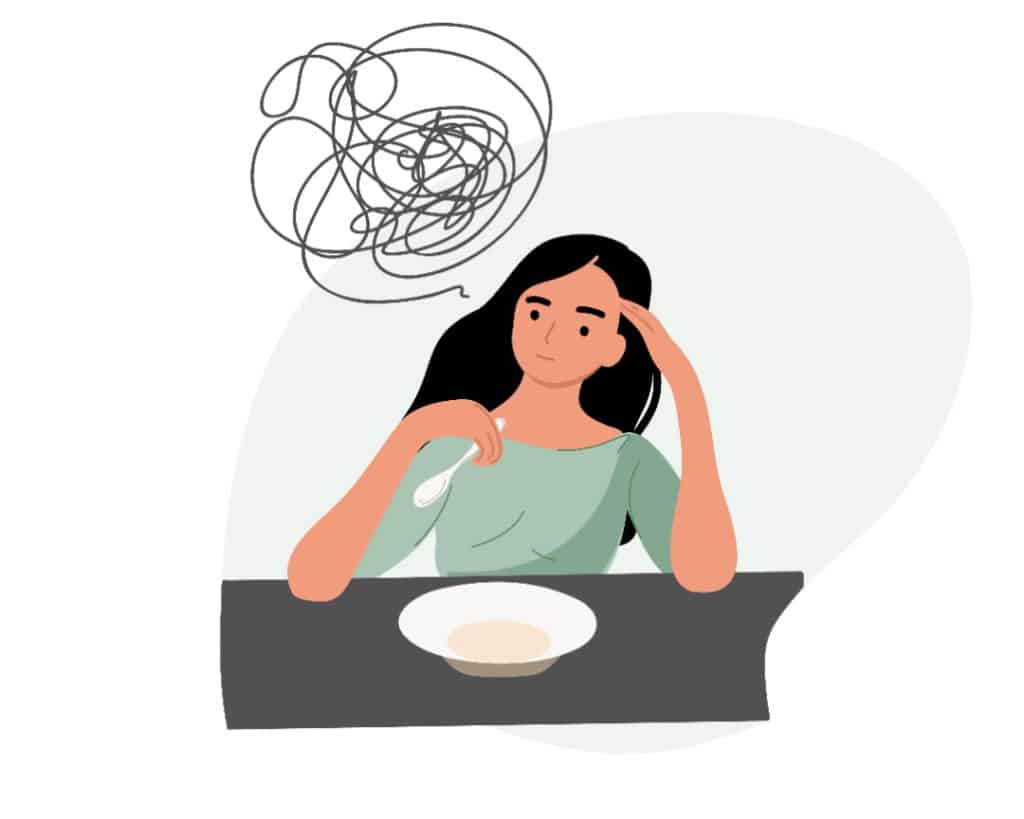The Connection Between Depression and Eating Disorders
Eating disorders and depression are potentially debilitating conditions on their own. When someone experiences both conditions simultaneously, it can become overwhelming. It may not seem fair to carry such a burden, but effective treatments exist—and they can be life-changing. The symptoms of depression often overlap with those of eating disorders, and it’s not uncommon to […]
The Connection Between Depression and Eating Disorders Read More »









